1. Don’t talk.
2. Don’t trust.
3. Don’t feel.
We learn at an early age not to talk about family problems. We keep them to ourselves either because we are embarrassed about what’s going on or because we’re convinced no one could possibly relate. So we stuff our family stuff.
We learn not to trust others. Children are, by nature, very trusting. Not trusting is a learned behavior. When children are unable to trust you can be sure it is because their trust has been violated by someone close to them.
When children find they can’t talk freely about what is going on in their life and when they are distrusting of those around them they tend to shut down emotionally. They “turn off” feelings like anger, fear, or sadness because they have nowhere to go with them anyway.
Adhering to these three rules as children makes sense. Kids somehow believe that by not talking, not trusting, and not feeling, their pain will be alleviated. But continuing to keep to these rules as adults can have serious consequences. Following these rules as grown-ups does not protect us from pain. It prevents us from wholeness.
The first step in successfully putting our past behind us is to break the rules.
We must talk about the things that caused and, more than likely, continue to cause so much pain. We must bring to the surface those things we didn’t or weren’t allowed to talk about. Our dark family secrets must be brought into the light if we are ever to strip them of their power. We can’t ignore them. We can’t go around them. We must talk through them.
The key to breaking the don’t talk rule is to first break the don’t trust rule. We must find safe people we can talk to. People who have our best interests in mind. People we can be comfortable confiding in. People who won’t judge us. People who accept us–even in our brokenness. As we seek to recover from a painful past we must assemble a support base of trust-worthy people and lean on them often. Yes, this involves risk. But it is a risk worth taking. Trust is the single most important element to a healthy relationship. So find a counselor. Confide in a friend. Join a support group. Trust does not come easy. Truth is, trusting others with things we’ve kept secret our whole lives can be downright terrifying. But learning to trust is crucial to our emotional, spiritual, and relational well-being.
And, finally, we must learn how to feel. When we’ve found people we can trust, when we give ourselves permission to speak of things we may have never talked about before, we must then deal openly and honestly with any and all feelings that may pop to the surface. We must identify and process the feelings we have spent a lifetime trying to suppress. Author Gita Bellin writes, “The fastest way to freedom is to feel your feelings.” We must actually feel what we feel and feel those feelings all the way through before we can finally release them. That is the only way the pain of our past will no longer pervade our present.
Does the pain and trauma of a difficult childhood still hang like a dark cloud over your adult life? Maybe it’s time to break the rules.

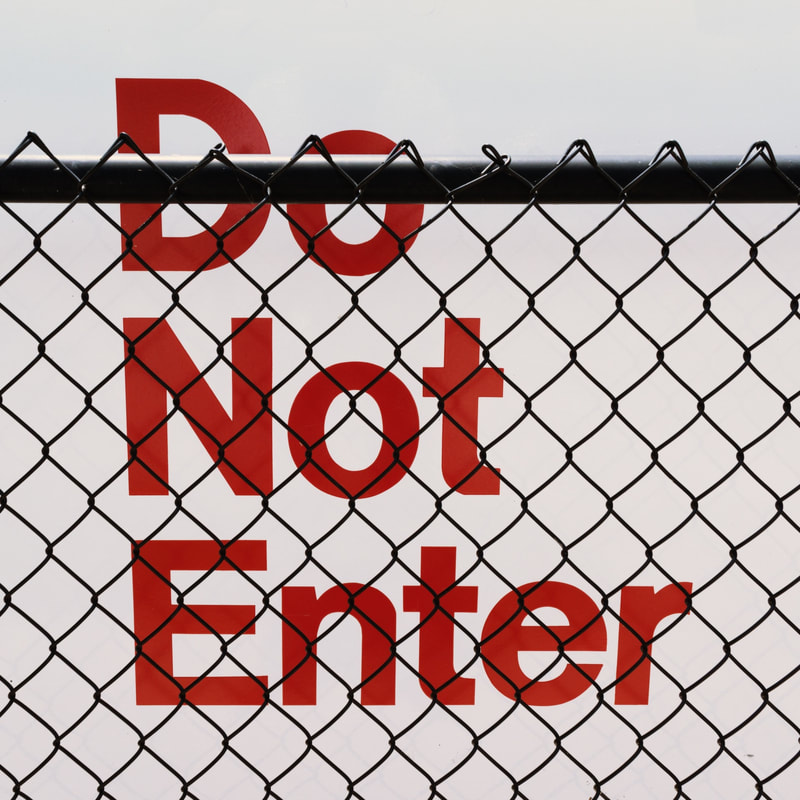
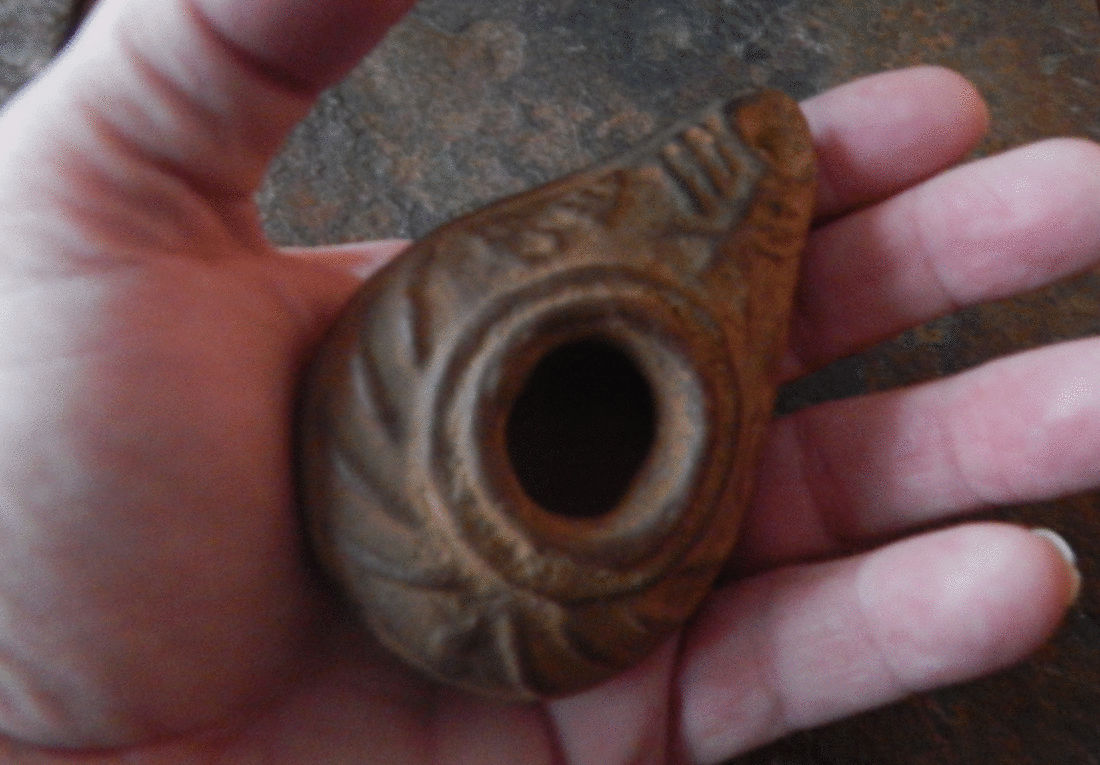
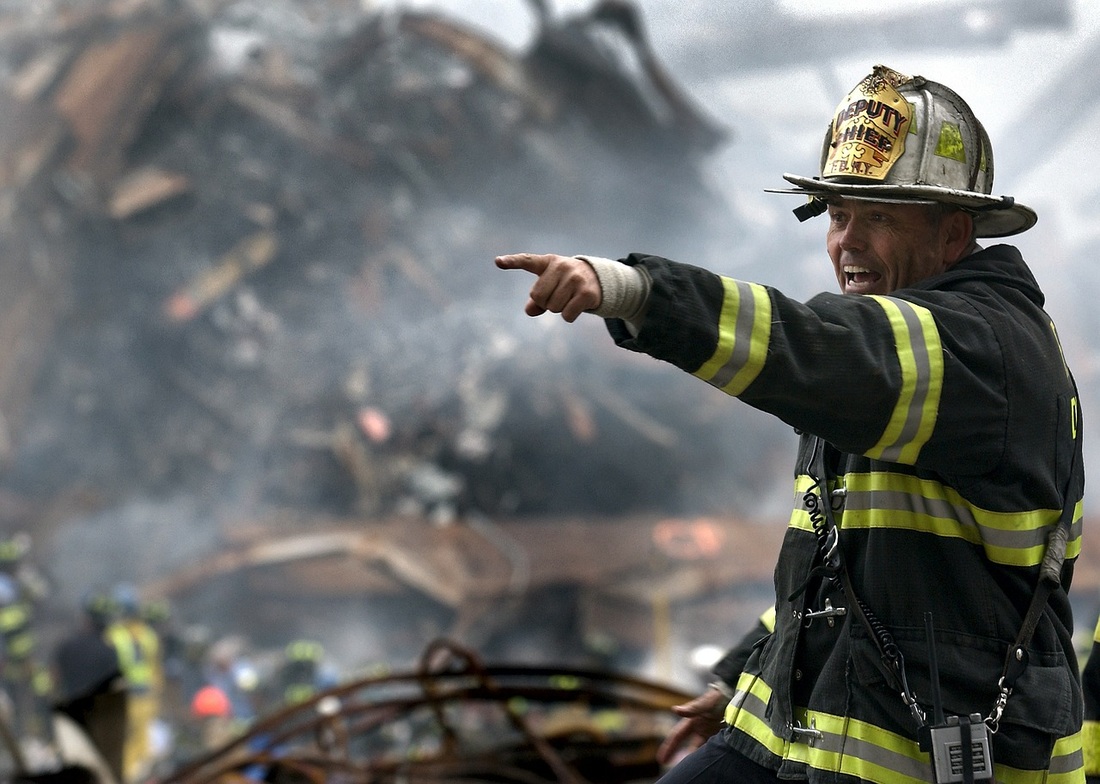
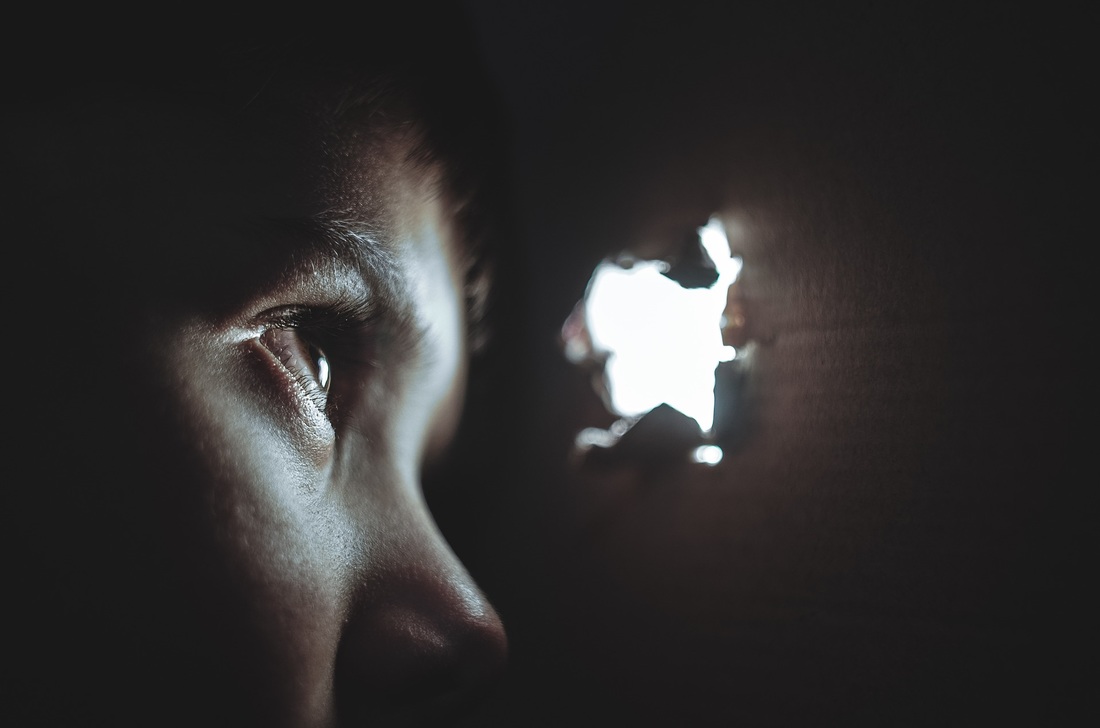


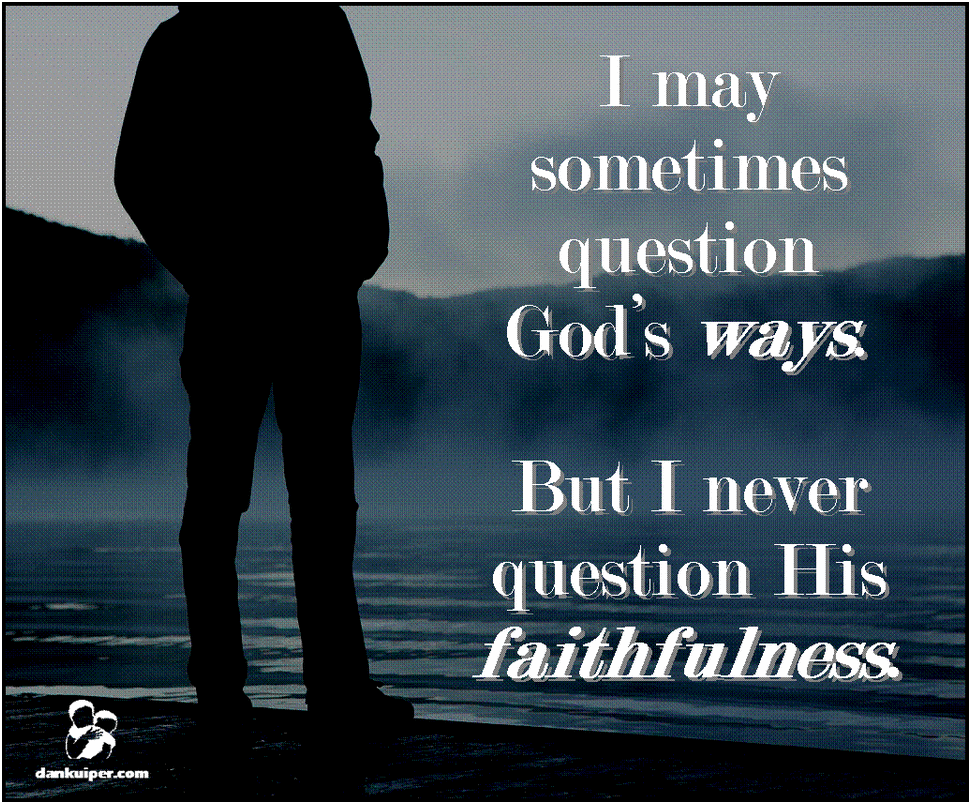
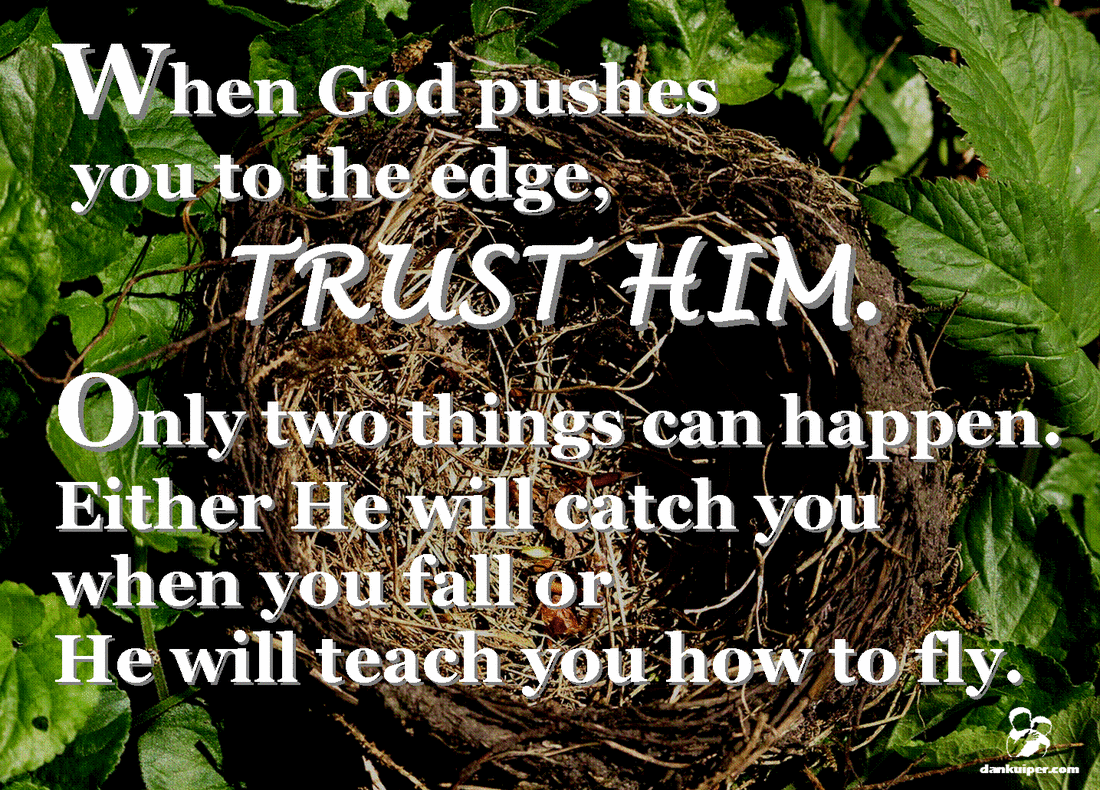

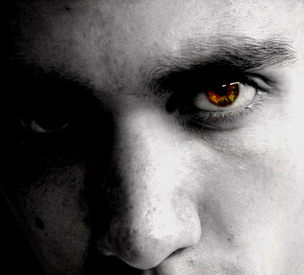
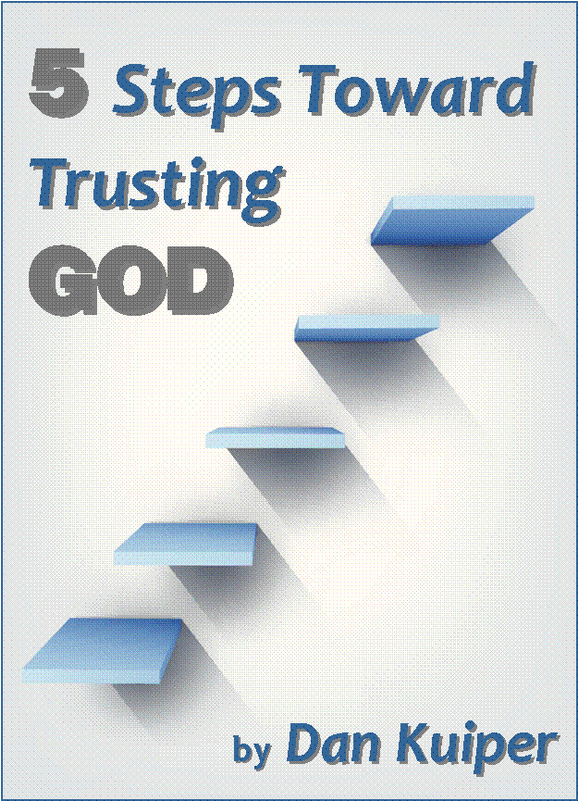
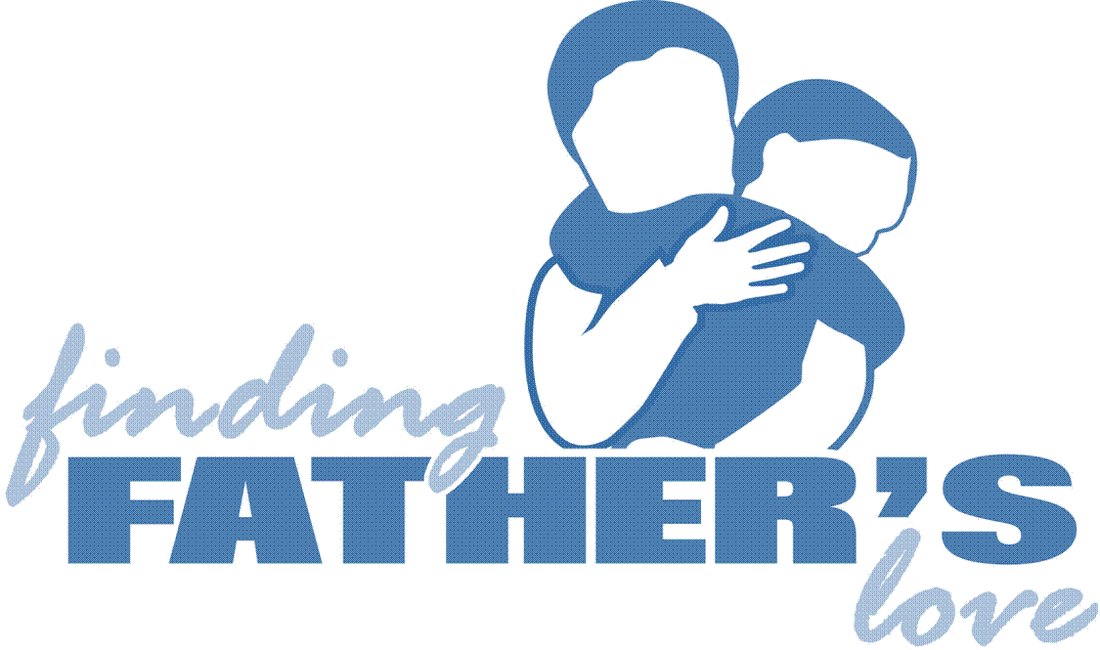
 RSS Feed
RSS Feed